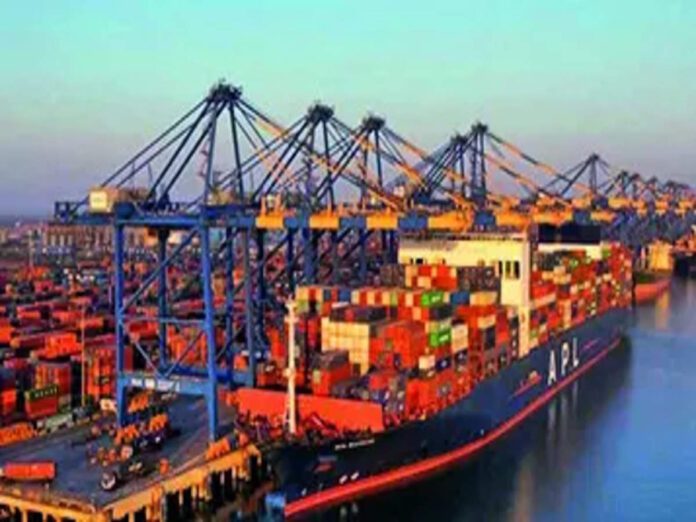Norway’s $1.7 trillion sovereign wealth fund, managed by Norges Bank Investment Management (NBIM), has made a significant decision regarding its portfolio, excluding Adani Ports & Special Economic Zone Ltd. The move comes as the fund cited “unacceptable” risks associated with the company’s alleged ties to human rights violations in war and conflict zones.
Adani Ports Excluded Over Military Equipment Sale Concerns
This decision by Adani Ports, which was announced late on Wednesday, also includes the exclusion of US-based L3Harris Technolgies Inc., known for developing components for nuclear weapons, and China’s Weichai Power Co., over concerns that they may be contributing to the sale of military equipment to Russia and Belarus.
The recommendation to exclude these companies came from Norway’s Council on Ethics, which advises the fund. Adani Ports has been under observation by NBIM since 2022, primarily due to its involvement in a port terminal in Myanmar.
Although the company sold the Myanmar port project last year, the Council on Ethics noted that there is no available information on the buyer, making it difficult to determine if Adani still has ties to the division.
Leaked documents revealed that while Adani publicly announced its intention to exit Myanmar following the military takeover in February 2021, it simultaneously expressed interest in developing coal ventures in the country.
On the same day Adani flagged its exit from the Yangon port, it lodged an “expression of interest” to export coal from Myanmar. This move would have helped fund the brutal military regime.
An Adani executive privately communicated with a US-sanctioned junta minister, expressing enthusiasm for cooperating on Myanmar’s electric power sector and coal production.
The Sagaing region, where Adani was interested in coal prospects, has been a flashpoint for military atrocities, including air strikes, arson, torture, and summary executions.
The Adani Group’s involvement with the illegal Myanmar military junta and its affiliated conglomerate, the Myanmar Economic Corporation (MEC), has come under scrutiny following an examination of leaked documents, company disclosures, and social media posts. These findings reveal a deepening level of complicity between Adani Group companies and the junta, which has been accused of committing ongoing war crimes and crimes against humanity.
Despite the Myanmar military’s illegal coup attempt, Adani Power Limited and Adani Transmission Limited continued to pursue new business dealings with the junta. Additionally, Adani Ports & Special Economic Zone Limited (Adani Ports or APSEZ) increased its investment in a Yangon port project, even after announcing its withdrawal from the country in October 2021.
This continued investment further benefits MEC, which is sanctioned by the US, Australia, Canada, the EU, and UK. The revelations raise concerns about the ethical and legal implications of Adani Group’s actions in Myanmar amidst the junta’s brutal crackdown on dissent and democracy.
Ethics Council’s Stance and ESG Investors’ Dilemma Amid Russia-Ukraine Conflict
The Council on Ethics emphasized that in situations involving serious norm violations, such risks are deemed unacceptable. NBIM, when approached for comment, referred to the recommendations from the Council on Ethics. However, the companies affected by the exclusions did not immediately respond to requests for comment.
Aerospace and defense firms, along with their suppliers, have traditionally been avoided by ESG (Environmental, Social, and Governance) investors. However,
Russia’s invasion of Ukraine and subsequent
stock market gains have prompted some portfolio managers to reconsider the sector. Despite this, most ESG fund managers continue to steer clear of such stocks.
As of the end of 2023, NBIM owned a 0.79% stake in L3Harris, 0.24% in Adani Ports, and 0.13% in Weichai Power. Following the announcement, shares of Adani Ports saw an uptick of as much as 2.2% in early trading in Mumbai.


